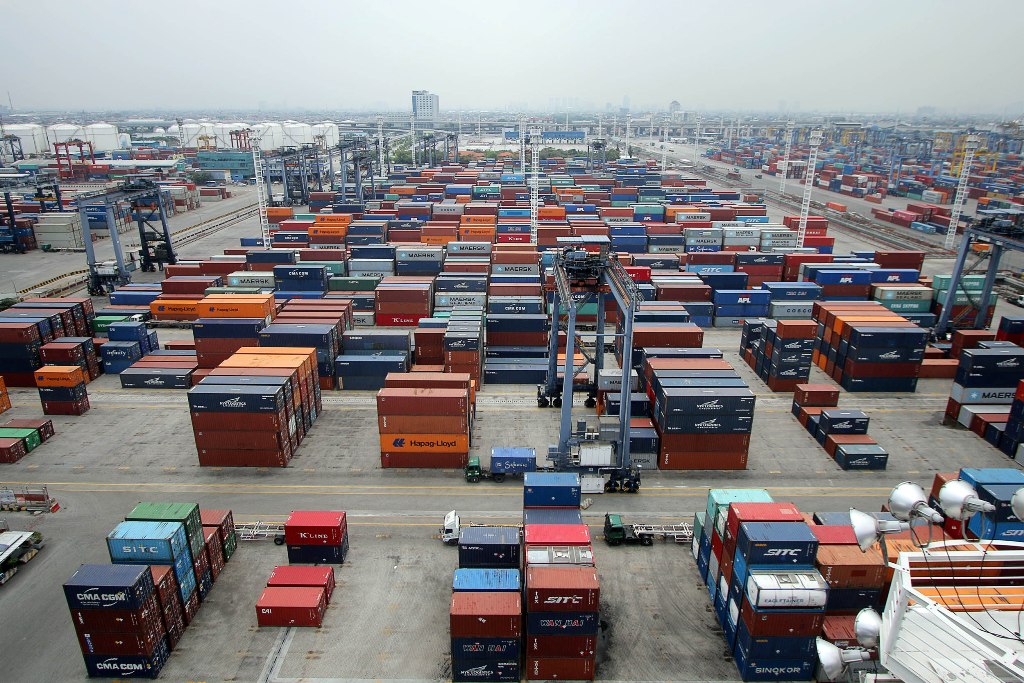Jakarta: Indonesia's metals downstreaming push suffered a setback after a World Trade Organization (WTO) panel ruled in favor of the European Union (EU) that Indonesia's ban on the exports of nickel ore violated global trade rules.
Nickel is an important ingredient in the production of stainless steel. A full ban on the exports of nickel ore has been implemented by Indonesia since January 2020.
According to the EU, the ban restricts access to raw materials and distorts world market prices of ores. As a result, the economic bloc requested the establishment of a WTO panel in January 2021.
"The EU welcomes the World Trade Organization's (WTO) clear ruling confirming that Indonesia's export ban and domestic processing requirement on nickel ore violates WTO rules," the EU said after the WTO panel issued its ruling in November 2022.
"These measures unduly and illegally restrict EU access to raw materials needed for stainless steel production," it stated.
Nevertheless, the Indonesian government still believes that the ban is a necessary measure to develop the country's nickel downstream industry. The Indonesian government filed an appeal against the ruling in December 2022.
"Although we lost at the WTO, we lost in nickel trade dispute. The European Union filed a lawsuit to the WTO and we lost. It is okay to lose. I told the minister to file an appeal," Indonesian President Joko Widodo (Jokowi) said.
"If other countries file a lawsuit, it is their right to sue because they are disturbed. I checked why the European Union filed a lawsuit. Apparently, there are many nickel industries there. If nickel is processed here, there will be unemployment, factories will be closed, industries will be closed over there. However, we want to develop, to advance too. We want our country to be a developed country. We want to create jobs. If we are scared to be sued and we back down, we will never be a developed country," he explained.
Before the implementation of the ban, the value of Indonesia's nickel exports was only around US$1.1 billion. After the ban took effect, the value of the country's nickel exports significantly increased to US$20.8 billion in 2021.
Besides nickel, Indonesia also plans to ban exports of other raw materials, including bauxite, tin and copper. President Jokowi believes the impact will be the same as that in the nickel case.
"The next step is to carry on downstreaming process for bauxite. It means bauxite as raw material must be processed in Indonesia so that we can create added value," the Indonesian President stated.
"Afterward, other commodities, for instance, coffee, should not be exported as raw material. We have been doing it for decades. We must stop it. Find investors. Get investment, so we can have added value," he stated.
Cek Berita dan Artikel yang lain di Google News
FOLLOW US
Ikuti media sosial medcom.id dan dapatkan berbagai keuntungan



















